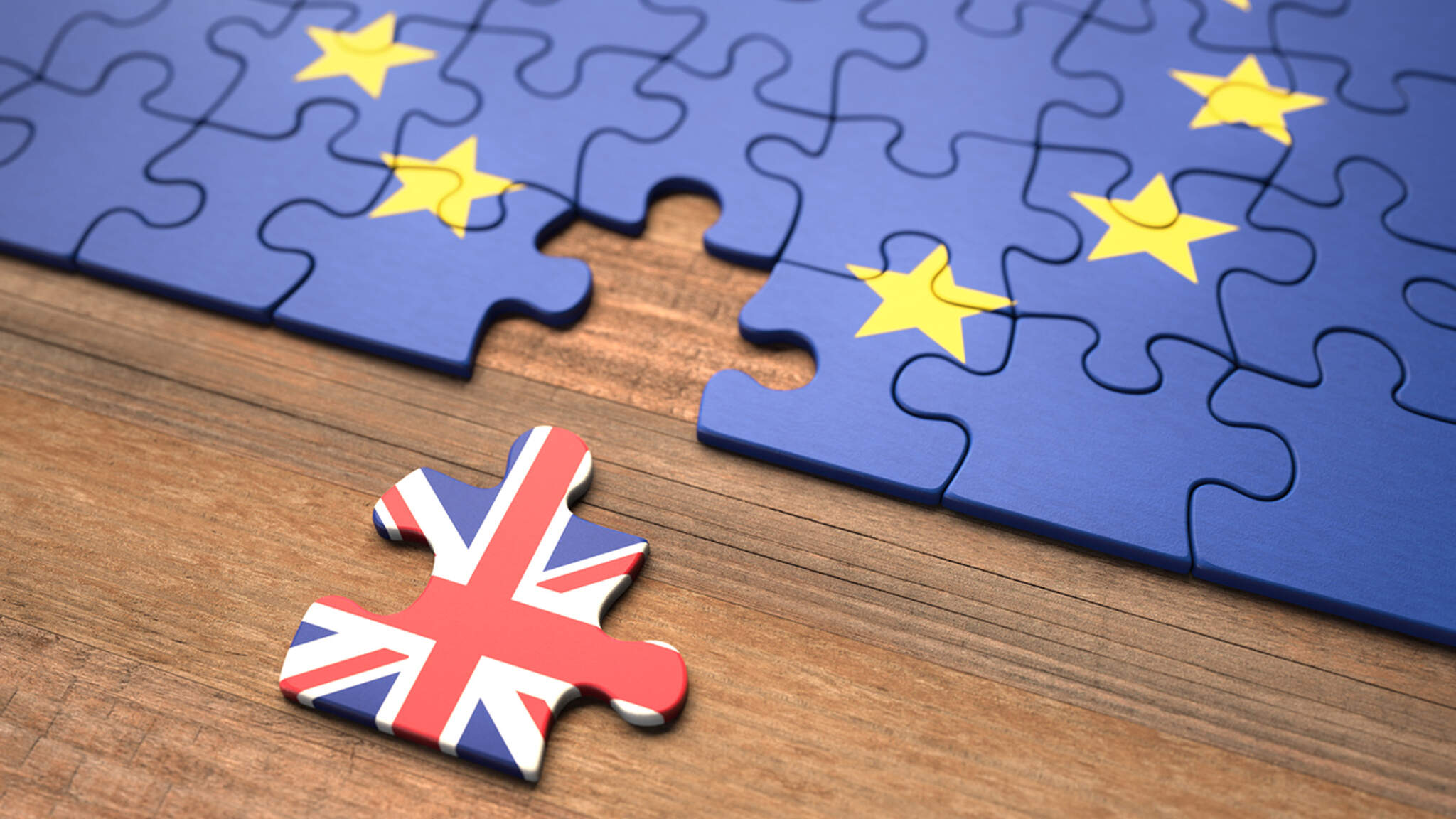Brexit: After the exit is before the exit
The UK has now officially left the European Union and Brexit has become a reality. But this is really just the beginning. A transition period until the end of the year is currently preventing any major impact on business and logistics on either side of the Channel. But what happens after that is still an open question.

Big Ben, the bell in the Elizabeth Tower of the UK’s Houses of Parliament, was supposed to ring out on the evening of January 31 to symbolically mark Brexit day. However, that plan was shelved due to ongoing repair work. As part of the renovations, new panes of white glass are being installed on the clock face of the Great Tower. After a specialist company in Bavaria has hand crafted them, DACHSER transports them to the UK by truck—currently without any customs border controls.
But a customs border between mainland Europe and the UK could become a reality in just a matter of months. If this happens, customs obligations for trading with third countries will automatically apply to the UK. Should the EU member states and the UK fail to conclude a free trade agreement by the end of the year, we can expect the UK to make a “hard exit” from the European Single Market and the European Union Customs Union. In that case, the benefits the UK currently enjoys, for example the trade relationship that EU countries have with Switzerland and with the countries of the European Economic Area (EEA), would cease to apply.
The customs issue remains unresolved
Many observers are skeptical as to whether a free trade agreement can actually be negotiated and adopted by the end of the year, and believe that a further extension of the deadline is inevitable. Up until June, the UK can opt to extend the transition period, but it is something that UK Prime Minister Boris Johnson has so far ruled out. He has also rejected proposals for the UK to remain part of the Customs Union after 2020. So the Brexit thriller remains tense; nobody knows how it’s going to end.
“We still have to address the issue of customs formalities for shipments of goods to and from the UK,” says Wolfgang Reinel, Managing Director European Logistics North Central Europe. “We’ve been preparing for Brexit for several years. Now, we’ll need to use this short breather to go over the details with a fine-tooth comb and continue improving our solutions.” As a logistics provider, DACHSER will be responsible for handling customs clearance for the goods it transports between the EU and the UK in the future, and will do its best to ensure that things run as smoothly as possible. Among other things, this requires the correct customs documentation and authorisation from the respective importers. “We naturally still rely on our customers to provide all the obligatory information and written authorisation to conduct customs clearance on their behalf,” Reinel says.
“We’ve created the requisite infrastructure and worked out solutions,” he continues. “There are still some gaps in the regulatory processes, which means that the close and trust-based relationships we’ve built with our customers and with our partners and colleagues throughout the DACHSER network are hugely important. That’s the only way we’ll be able to make it through the next, and hopefully last, chapter in the Brexit thriller.”
For an overview of what you need to do to prepare for Brexit, please consult the Brexit Checklist.